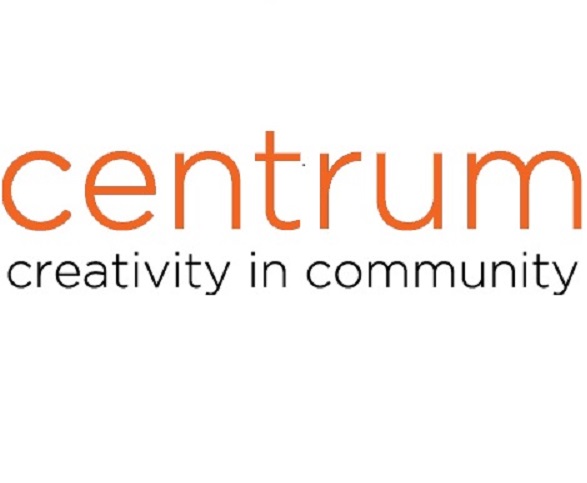Registration for the 2010 Port Townsend Writers' Conference update: all morning workshops are now closed, all residency space is now closed.
The only way to access the Port Townsend Conference is through the highly popular afternoon-workshop option. Registration is available here, as well as by calling Centrum at 360.385.3102, x131.
We're looking forward to seeing you!
